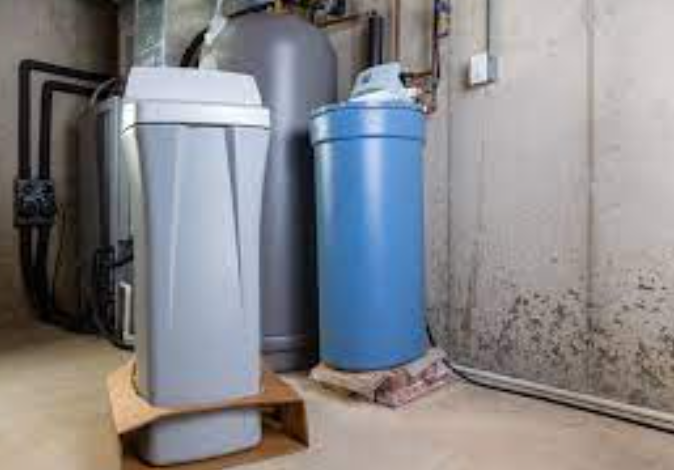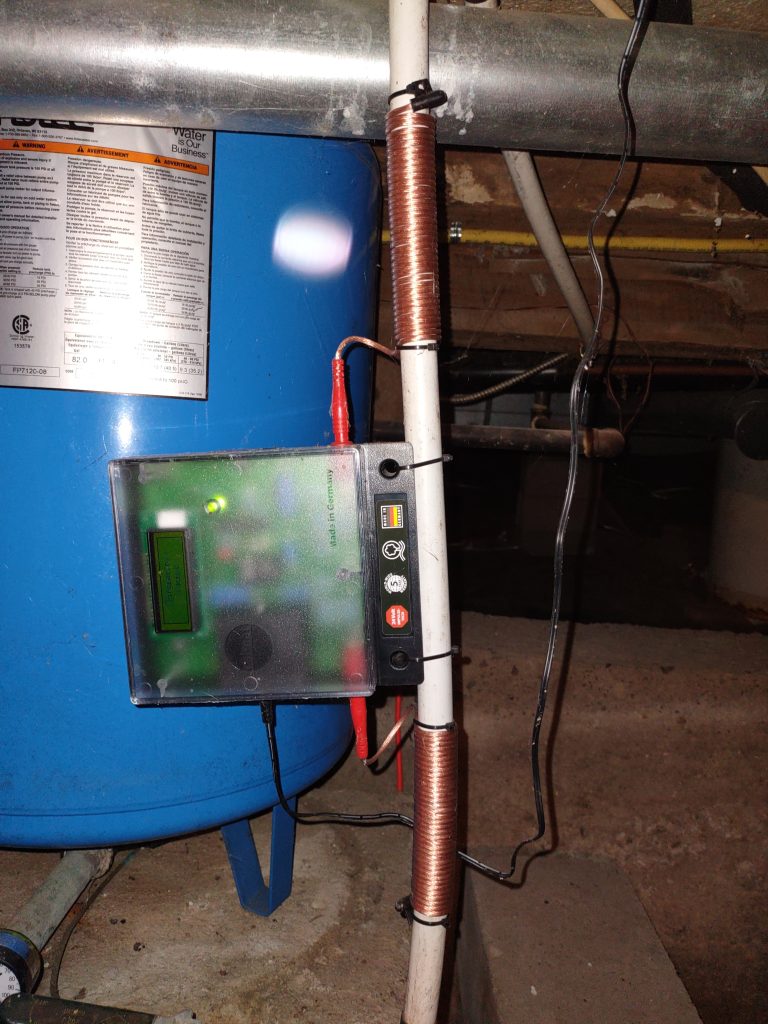Salt-Based Water Softeners vs. Electronic Water Softeners: Comparing Systems for Residential Applications
Water softening systems are designed to alleviate the negative effects of hard water by removing minerals like calcium and magnesium. Two common types of water softeners used in residential applications are salt-based water softeners and electronic water softeners. In this comprehensive analysis, we will explore the differences between these systems, including their operation, pros and cons, and suitability for various household needs.
Salt-Based Water Softeners:
- Operation: Salt-based water softeners, also known as ion exchange systems, utilize a process called ion exchange to remove hardness minerals from water. Here’s how they work:
- A resin tank containing ion exchange resin beads is filled with salt or sodium ions.
- As hard water flows through the resin tank, calcium and magnesium ions are exchanged for sodium ions, effectively softening the water.
- Periodically, the resin tank is regenerated by rinsing it with a brine solution, which replenishes the resin beads with sodium ions and flushes away the accumulated hardness minerals.
- Pros:
- Highly effective: Salt-based water softeners provide efficient removal of hardness minerals, resulting in significantly reduced scaling on fixtures, pipes, and appliances.
- Cost-effective: These systems typically have lower upfront costs compared to electronic water softeners.
- Widely available: Salt-based water softeners have been used for many years and are readily available in various sizes and capacities.
- Cons:
- Sodium content: The ion exchange process replaces calcium and magnesium ions with sodium ions, increasing the sodium content in softened water. This can be a concern for individuals on sodium-restricted diets or with specific health conditions.
- Maintenance and regeneration: Salt-based water softeners require periodic maintenance, including refilling the salt tank and regenerating the resin beads. This maintenance can add to the overall cost and effort of using the system. Also, if your available ground water is limited you may experience periods of water shortage.

Salt Water Softener
Electronic Water Softeners:
- Operation: Electronic water softeners, also known as descalers or electronic descaling systems, use electromagnetic fields to alter the behavior of mineral ions in water. Here’s how they work:
- A small electronic device is installed on the incoming water supply line.
- The device emits electromagnetic waves that affect the charge and structure of mineral ions in the water.
- Altered mineral ions remain soluble, preventing them from forming scale deposits on surfaces.
- Pros:
- No salt or chemicals: Electronic water softeners do not require the use of salt or chemicals, making them a desirable option for individuals concerned about sodium intake or those seeking a salt-free solution.
- Low maintenance: These systems typically require minimal maintenance, as there are no resin tanks to regenerate or salt tanks to refill.
- Environmentally friendly: Electronic water softeners are considered environmentally friendly since they do not discharge brine waste or contribute to chloride levels in wastewater.
- Cons:
- Effectiveness can vary: The performance of electronic water softeners may vary depending on water hardness levels and flow rates. They may not be as effective in extremely hard water conditions.
- Limited testing and certification: Compared to salt-based water softeners, there is less standardized testing and certification available for electronic water softeners. This can make it challenging to evaluate their effectiveness accurately.

Suitability for Residential Applications: Both salt-based and electronic water softeners have their place in residential applications, depending on specific needs and preferences:
- Salt-based water softeners are well-suited for households with high water hardness levels, as they offer effective and reliable removal of hardness minerals.
- Electronic water softeners may be preferred by those looking for a salt-free solution, individuals on sodium-restricted diets, or those seeking a low-maintenance option.
In conclusion, the choice between salt-based and electronic water softeners ultimately depends on factors such as water hardness levels, sodium intake, and mostly personal preferences. One way to decide would be to have your water tested after the well has been dug. Generally, a well with lower depth (shallow) will probably have a lower mineral content than the one that is very deep. You can opt for an electronic system in this situation but I would strongly recommend that you include a UV filter for shallow wells. They tend to have a higher bacteria count than deep wells.